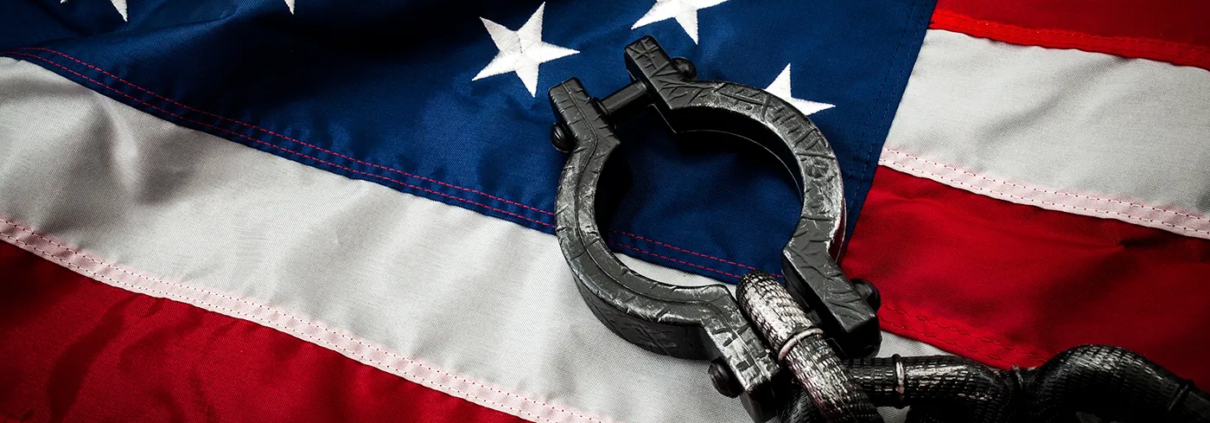Reparations and Torah
In preparing to visit Alabama on a civil rights mission, I’ve been learning about the lingering effects of slavery. Among the issues for all of us to consider is whether reparations should be paid to African Americans. I found an example of reparations in the Torah that helped shape my thinking.
In the news this week, a committee in San Francisco has formally proposed reparations for eligible black residents. The payment amount would be $5,000,000 for those who could prove extended continuous residency and meet several other factors reflecting on the oppression suffered. The plan was designed to address “the institutional, City sanctioned harm that has been inflicted upon African American communities.”
In Parshat Bo (read this week), the tenth plague is about to start. Each Hebrew man and woman turns to their Egyptian neighbors and asks to “borrow” their fine silver and gold. Apparently, God has predisposed the hearts of the Egyptians to part with their valuables. This sacrifice is particularly noteworthy because the first nine plagues wiped out their livestock and crops.
I now understand this transfer of precious metals as reparations for the suffering of the Hebrew slaves. This first recorded act of reparations is not too dissimilar from the proposed reparations in San Francisco. The Egyptians offering their jewelry in Torah or the citizenry of San Francisco are not the people who were the oppressors. Further, the value of what the Egyptians gave was quite high, just as $5,000,000 per person is sufficiently high to bankrupt the City of San Francisco.
The issue of reparations begins with the collective responsibility of all who participated or are descended from those who participated in the oppression of other humans. In America, given the passage of time, all white people benefited from the oppression. To advocate for reparations is to recognize the white privilege dominant in America.
America is unlikely to achieve a consensus favorable toward reparations. This country’s citizenry has a tenuous commitment to justice for African Americans. When it comes to racial justice, Americans readily offer thoughts and prayers. I wonder if our citizenry has the holy motivation to repair the damage caused by slavery.
Countervailing winds are blowing. Conservatives have attacked affirmative action and circumscribed the voting rights of disadvantaged segments of society. At the same time companies and campuses have pursued diversity, equity, and inclusion as essential tenets. Black Lives Matter has garnered far-reaching support.
The idea of local governments making reparations might be a reaction to the federal government’s failure to promote racial justice in America.
God had to intervene to get the Egyptians to offer their precious goods. In fact, God sent nine plagues and still needed to soften the Egyptians’ hearts. No matter the difficulty in enabling reparations, Torah compels us to be vigilant for justice and loving-kindness. We were slaves in Egypt and received reparations on the way to freedom.
Rabbi Evan J. Krame






 Evan J. Krame was ordained as a rabbi by the
Evan J. Krame was ordained as a rabbi by the